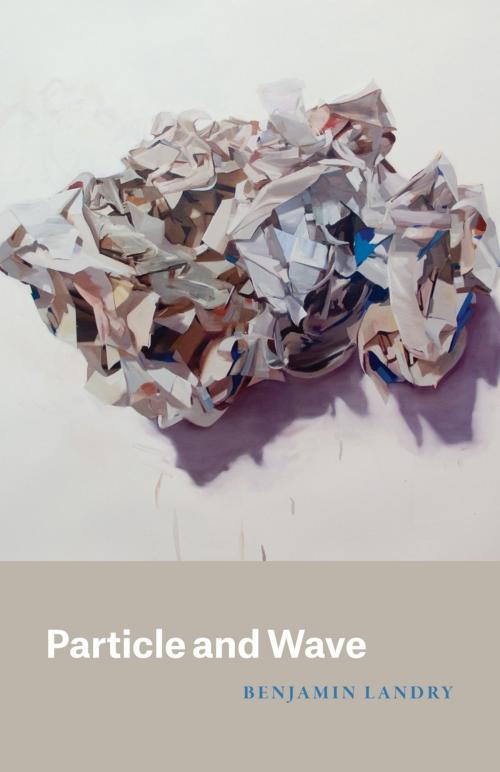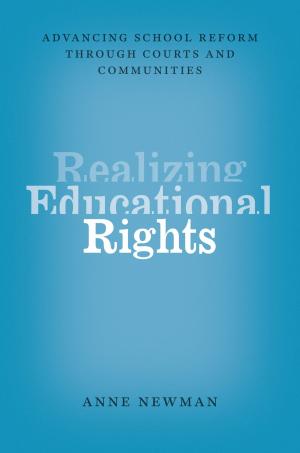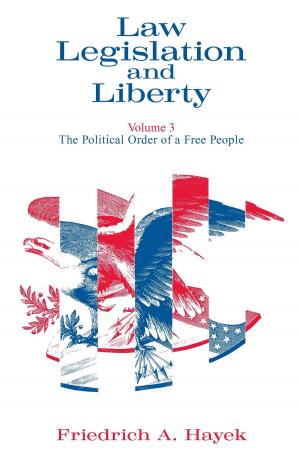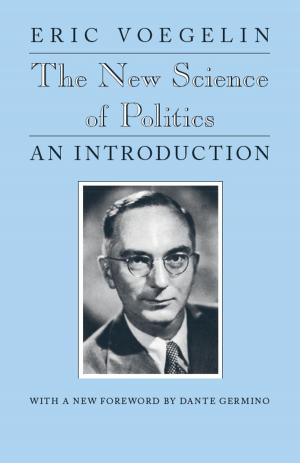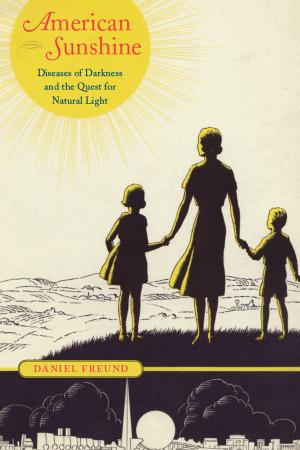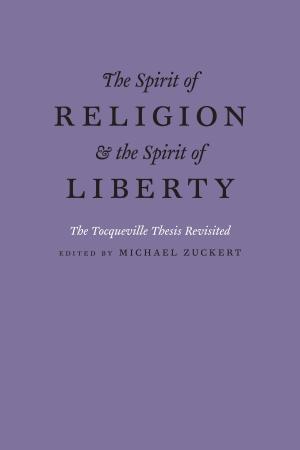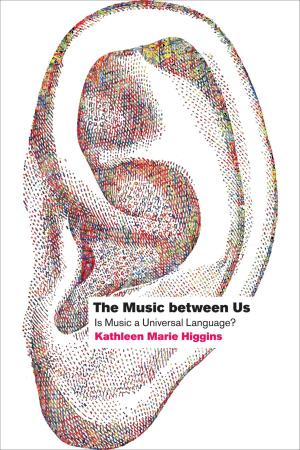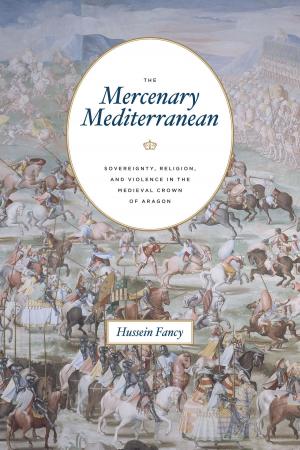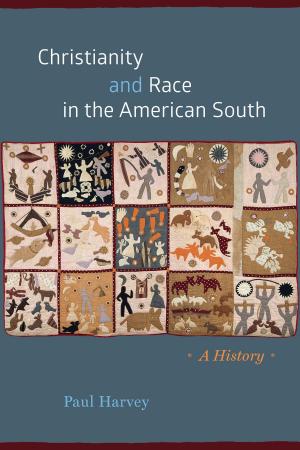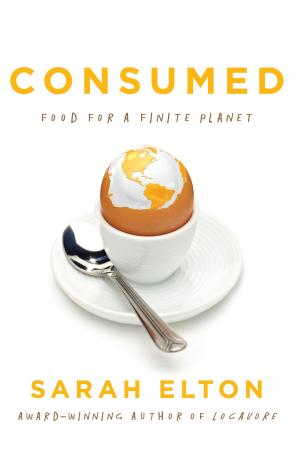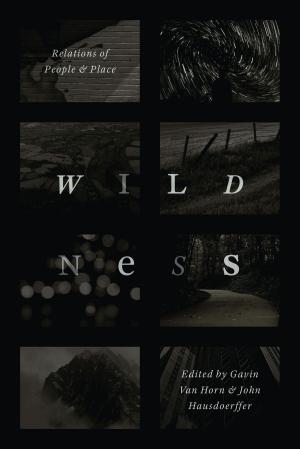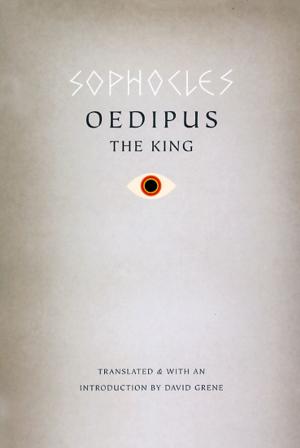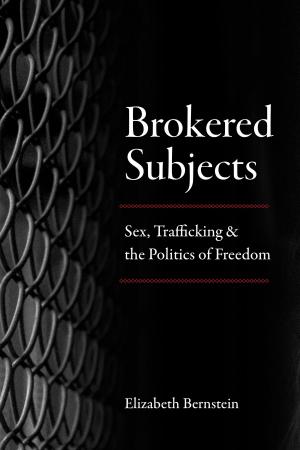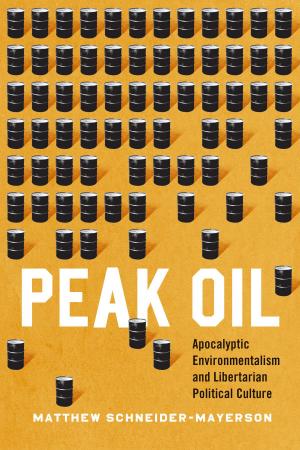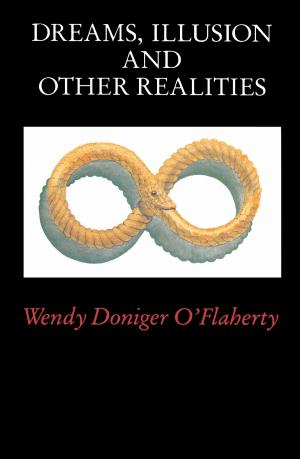| Author: | Benjamin Landry | ISBN: | 9780226096223 |
| Publisher: | University of Chicago Press | Publication: | March 20, 2014 |
| Imprint: | University of Chicago Press | Language: | English |
| Author: | Benjamin Landry |
| ISBN: | 9780226096223 |
| Publisher: | University of Chicago Press |
| Publication: | March 20, 2014 |
| Imprint: | University of Chicago Press |
| Language: | English |
Are we alone? If so, Particle and Wave insists that we need not be lonely. Here the periodic table of elements—a system familiar to many of us from high school chemistry—unfolds in a series of unexpected meanings with connotations public, personal, and existential. Based on a logic that considers the atomic symbol an improvised phoneme, Particle and Wave is keenly attuned to the qualities of voice and concerned with how these improvisations fall on the listening ear. From the most recent housing bust, to the artistic visions of Christo and Jeanne Claude, to the labors of the Curies, to Pliny the Younger’s account of the eruption of Vesuvius, culture and world histories are recontextualized through the lens of personal experience. Muscular, precise, structurally varied, and imagistic, these poems engage in lyricism yet resist mere confession. In doing so they project the self as a composite, speaking in a variety of registers, from the nursery rhyme songster, to the ascetic devotee, to the unapologetic sensualist. They welcome all comers and elbow the bounded physical world to make way for a dynamic, new subjectivity.
Are we alone? If so, Particle and Wave insists that we need not be lonely. Here the periodic table of elements—a system familiar to many of us from high school chemistry—unfolds in a series of unexpected meanings with connotations public, personal, and existential. Based on a logic that considers the atomic symbol an improvised phoneme, Particle and Wave is keenly attuned to the qualities of voice and concerned with how these improvisations fall on the listening ear. From the most recent housing bust, to the artistic visions of Christo and Jeanne Claude, to the labors of the Curies, to Pliny the Younger’s account of the eruption of Vesuvius, culture and world histories are recontextualized through the lens of personal experience. Muscular, precise, structurally varied, and imagistic, these poems engage in lyricism yet resist mere confession. In doing so they project the self as a composite, speaking in a variety of registers, from the nursery rhyme songster, to the ascetic devotee, to the unapologetic sensualist. They welcome all comers and elbow the bounded physical world to make way for a dynamic, new subjectivity.
